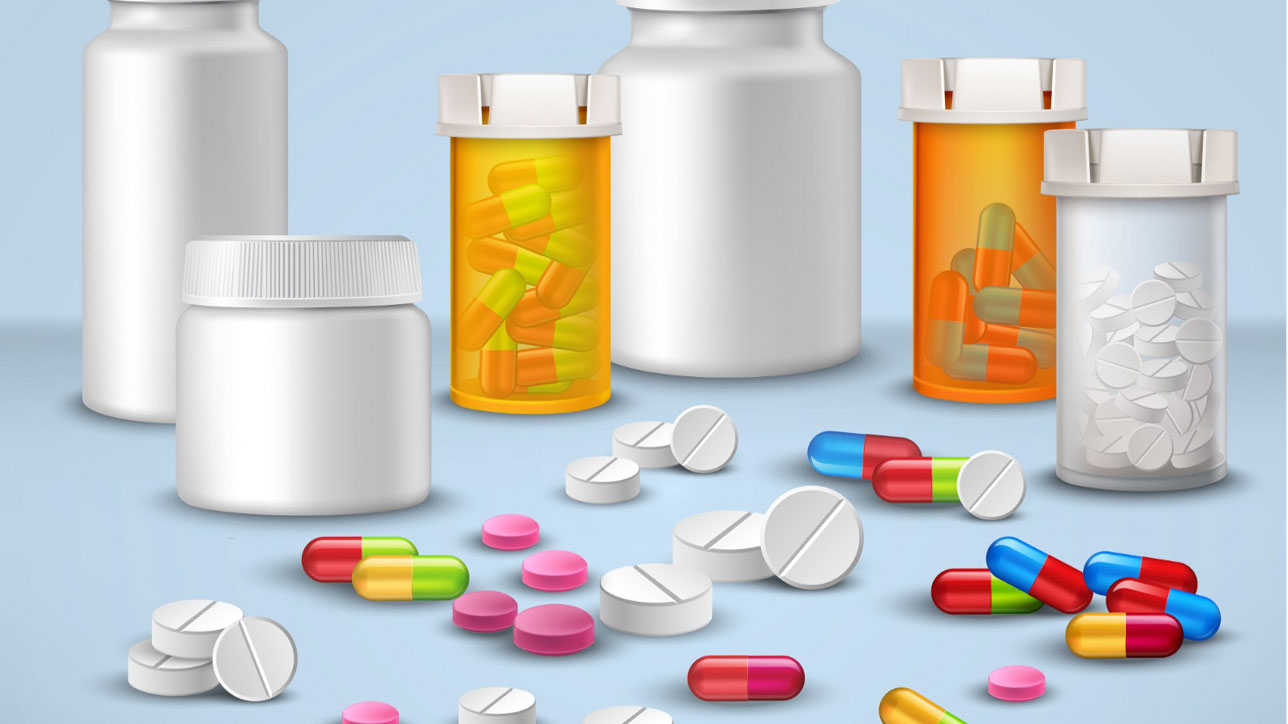The Billion-Dollar Supplement Myth
We don’t trust the pharmaceutical industry because it’s primarily driven by profit. Fair enough. But here’s the uncomfortable truth: the supplement industry is just as money-driven—and even less regulated. In 2024, Americans spent over $40 billion on supplements.
That’s billions of dollars poured into bottles with no obligation to prove they work.
Supplements don’t go through the FDA approval process. They don’t need extensive clinical trials. They don’t even have to prove their claims, so long as those claims are vague enough. That’s why you see phrases like “supports immunity,” “boosts energy,” or “promotes women’s wellness.” What does that actually mean? Nothing. And legally, that’s fine.
Here’s the kicker: many supplements aren’t even “natural.” They’re manufactured, extracted, and processed in factories, just like pharmaceuticals. They’re sold at premium prices, but without the science or safety oversight. You may think you’re avoiding “Big Pharma,” but really, you’re buying into “Big Supplement”—an industry that thrives on marketing, not medicine.
The Placebo Problem
“But Jill, I feel better when I take them!” I hear this all the time. And maybe you do. That’s the placebo effect—a very real, compelling phenomenon. When we believe something will help, our brain and body sometimes follow along. The catch? Placebos won’t lower your risk of stones, dissolve your stones, or replace the nutrients you’d get from actual food. Feeling better doesn’t always mean being better.
The Influence of Influencers
Why do supplements sell so well? Social media. Scroll long enough and you’ll see an influencer waving around a pretty powder or capsule, promising “hormonal balance,” “gut health,” or “detox.” These buzzwords are designed to hook you with a quick fix.
Here’s the reality: real change doesn’t come from powders. It comes from food, consistency, and sometimes uncomfortable lifestyle changes. That’s not sexy. That won’t go viral on TikTok. But it’s the truth.
When Supplements Backfire for Stone Formers
Now let’s get specific. If you’ve had kidney stones, certain vitamins and supplements can increase your risk. Here’s the science-based breakdown:
- Vitamin C (ascorbic acid): From food, it is safe and beneficial. Supplements up to about 200 mg/day = usually fine. Daily doses ≥500 mg start to push oxalate up, and ≥1,000 mg/day is consistently linked with higher kidney stone risk in men.
Important: Vitamin C can also interfere with 24-hour urine tests by artificially inflating oxalate results if you’re taking large doses. Most labs will instruct you to discontinue vitamin C supplements 5 days before your urine collection.
- Turmeric pills and powders: Often marketed for inflammation, but they’re naturally high in oxalate. Chronic use can elevate urine oxalate levels.
- Collagen protein powders: Rich in hydroxyproline, which breaks down into oxalate. Excess supplementation has been linked to higher oxalate excretion.
- Beet juice or beetroot powders (often used for “natural coloring” or athletic performance): Beets are one of the highest-oxalate foods. These powders concentrate it further.
- Spinach powders, “green” supplements, and superfood blends: Many are loaded with high-oxalate ingredients—spinach, almonds, cacao, wheatgrass—that spell trouble for stone formers.
- Excessive vitamin D and calcium supplements (without medical guidance): Consuming too much can lead to elevated calcium levels in the urine, thereby increasing the risk of kidney stones. (This doesn’t mean avoid calcium—it means get it from food sources)
- Note: Some patients will have to take calcium supplements. Examples include post-parathyroid and bariatric surgery patients. And one more thing. I cannot tell you how many people I have consulted with who have high urine calcium because their functional medicine doctor or chiropractor prescribed them very high doses of Vitamin D, which subsequently caused higher urine calcium and caused a new stone. Be careful. Here is an article on Vitamin D.
The Hidden Risks
Supplements aren’t harmless just because they’re sold over the counter. They can:
- Cause side effects (magnesium can cause diarrhea, iron can upset the stomach, and herbal blends can cause headaches or dizziness).
- Interact with medications (St. John’s Wort interferes with antidepressants; ginkgo can thin blood; even basic vitamins can affect prescription absorption).
And here’s the thing—because supplements aren’t tightly regulated, what’s on the label isn’t always what’s in the bottle. Some have been found spiked with unlisted ingredients, fillers, or even prescription drugs.
For Stone Formers, Double the Caution
If you’ve had kidney stones, you already know your body has unique sensitivities. Popping supplements without guidance can quietly raise your risk of another ER visit. Real food sources of nutrients are not only safer—they’re actually studied, predictable, and balanced by nature.
The Bottom Line
The supplement industry thrives on promises, placebos, and pretty packaging. It sells you fear—that you’re not getting enough, that your body isn’t balanced, that you need a “boost.” But your body doesn’t need boosting—it needs balance.
If you want real prevention and real results, focus on food first. Add supplements only when your doctor recommends them, as warranted by blood tests. Don’t let Big Supplement sell you what real food already provides.
People have said to me before, “But Jill, I want something natural, not a med.” And I say, I hear you, but there is nothing more natural than good old-fashioned food.
Your friend and party pooper,
Nurse Jill














Leave a Reply